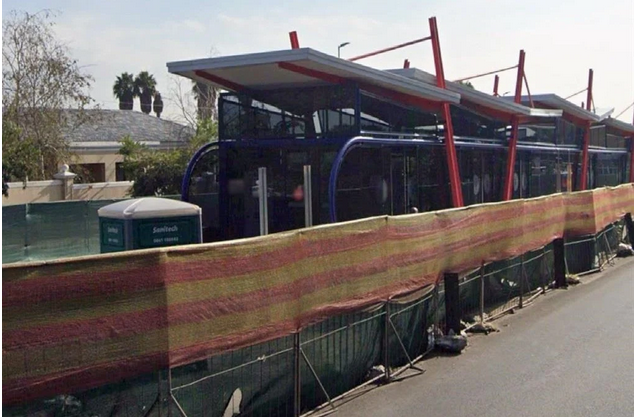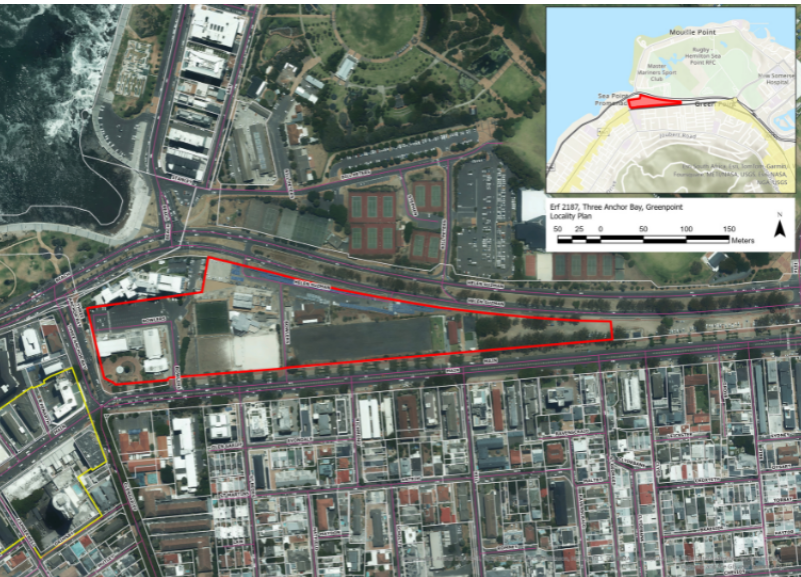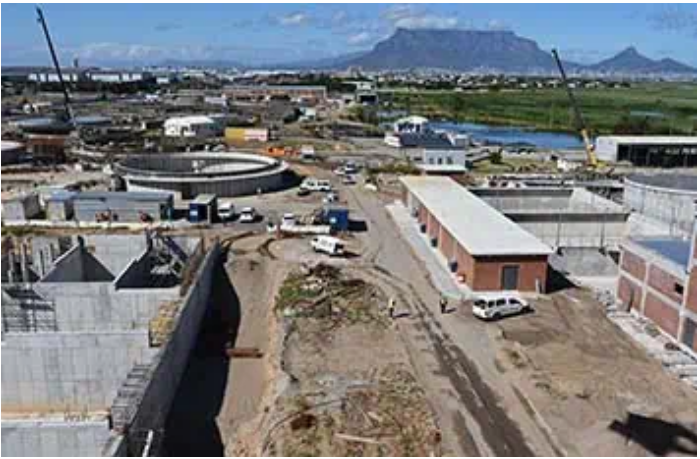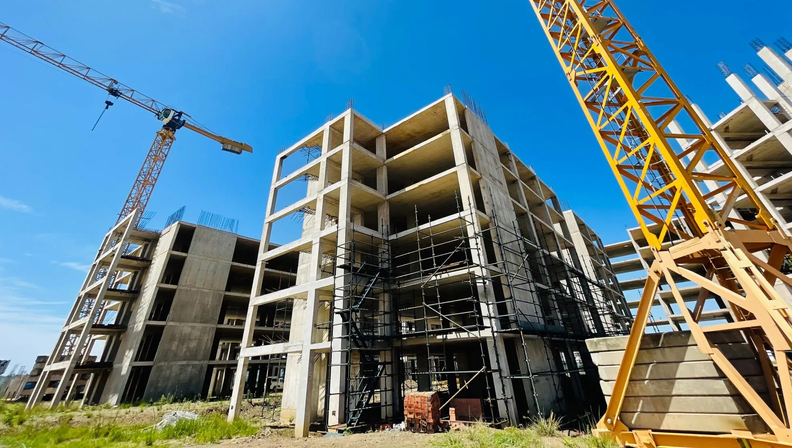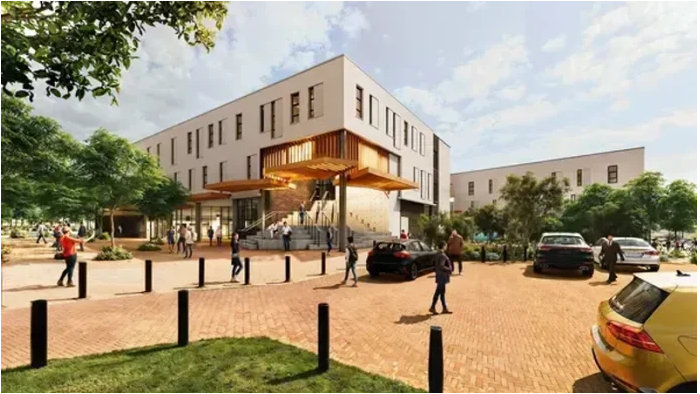Private sector set to benefit from National Transmission Company South Africa’s R112-billion expansion plans
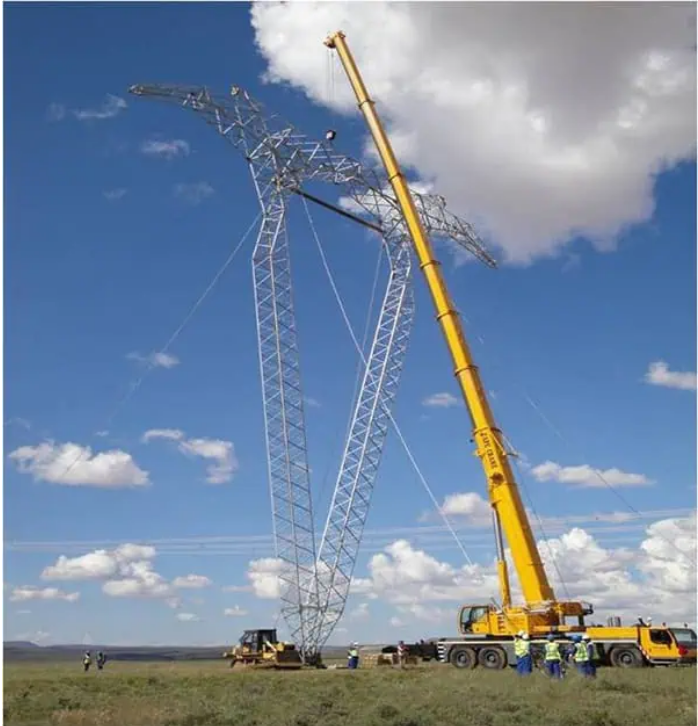
11-11-2024
Read : 79 times
Cape Business News
Source
THE newly created National Transmission Company South Africa (NTCSA) expansion plans is set to be a boon for the private sector, as the power transmission which has been spun out of Eskom, plans to spend R112-billion on expanding its network over the next five years.
The opening up of the local electricity market has seen the arrival of Independent Power Producers (IPP). But as the bulk of the solar IPPs are in Northern Cape, where there is scant grid capacity, NTCSA has plans to build transmission capacity that will connect the IPPs to Gauteng.
Local businesses are expected to benefit from this expansion, as NTCSA only plans to build a portion of the expanded grid, and have 80% to 90% of the build programme executed by private sector entities.
“We are overseeing and coordinating the project details, but much of the physical work will be handled by local contractors,” says Leslie Naidoo, head of network planning at NTCSA.
This will see it need the services of civil, electrical, and line construction services.
The expansion presents a robust pipeline of contracts for the private sector, spanning from large transformers to line construction.
NTCSA will for example need more than 200 large transformers which are “large critical components” supplied to it over the next 10 years.
NTCSA needs large transformers
The problem for the group is that there was only one supplier of the Class 3B transformers in the country, but a fire at SGB-SMIT POWER MATLA’s Pretoria West plant in 2021 has seen it struggle to secure the equipment it needs.
Naidoo says to ensure it gets these transformers, it is working closely with the Department of Trade Industry and Competition to bring on board external contractors that were pre-approved.
Aside from this measure, it was using the expansion plan to also build up local manufacturing capacity in the country.
“We’ve done a detailed analysis to understand the capacity of OEM’s within the confines of the country,” says Naidoo.
NTCSA is giving priority to local suppliers but if it’s required it will bring on board international contractors.
Building capacity
Naidoo also noted that NTCSA has created an incubation programme at its training facility in Midrand to develop specialised skills and build a local contractor base capable of meeting the demands of transmission projects.
“Our aim is to nurture companies that understand the technical requirements of transmission work, so they’re ready to take on these contracts,” he says.
The initiative has already produced its first successful graduates, contributing to local skills development and capacity building.
Naidoo expressed optimism about the support the company has received, not only from private investors but also from government entities, including the National Energy Crisis Committee. This backing has enabled the NTCSA to fast-track processes, such as servitude acquisition and environmental impact assessments, to ensure projects can proceed as planned.
One of the biggest challenges NTCSA has to deal with is servitude acquisitions, as construction can only begin once it has rights to build on the land.
“The construction is the easy part. It’s securing the servitudes and then once those are done, it’s only after the servitudes are secured, that we get a good indication of when we can start.”
Recent News
Here are recent news articles from the Building and Construction Industry.
Have you signed up for your free copy yet?

